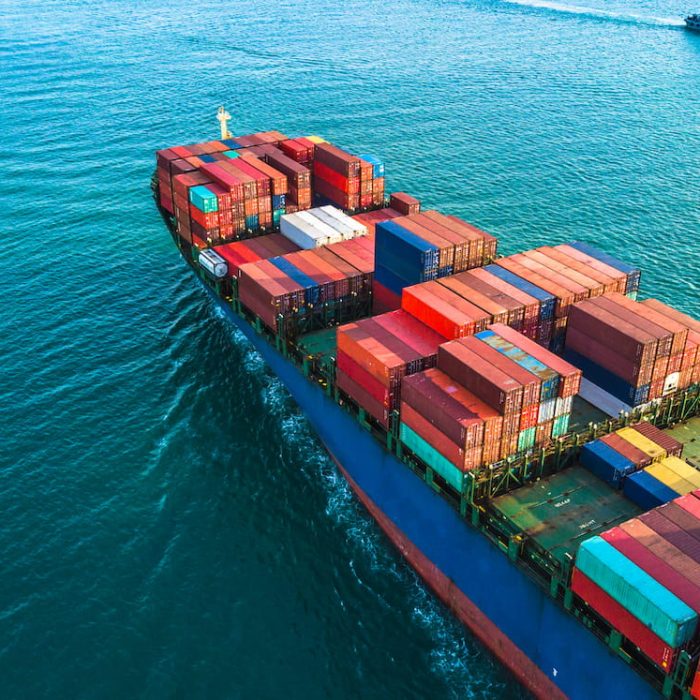Since we have a branch office in the United States, the benefits from this origin are the consolidation and a 100% personalized treatment: e-mail notifications, software, warehouse, and cargo photographs, among others.
We offer weekly maritime departures for the immediacy that your company needs.
In the same way, we offer this service for imports and exports to and from any part of the world. We have agents in each continent for the connection that your company needs.
Another variable we offer is triangular operations. Your merchandise can travel from one place to another without passing through national territory.
Each of the companies is in a different country acting as an intermediary between the supplier and the final customer.
The transport is managed for a customer between two countries different from the one where your company is based.
We specialize in consolidated cargo, full container, and project cargo!




